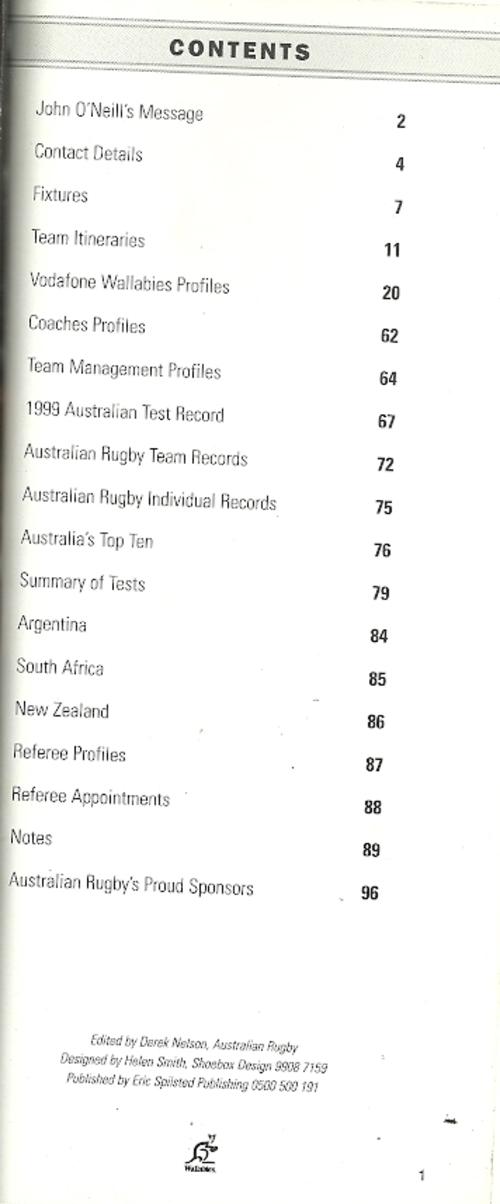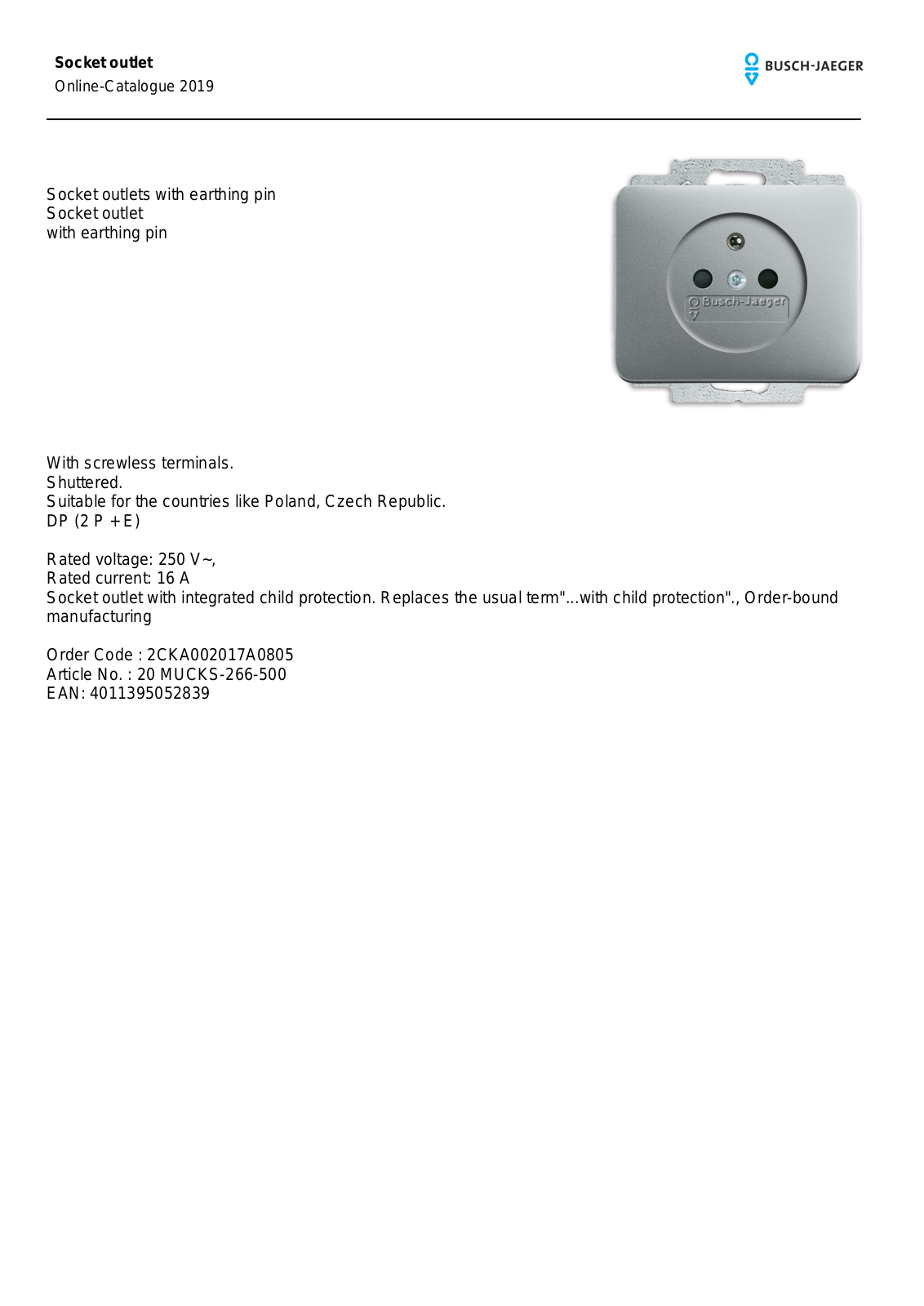

XMM was slated to be the first ESA mission to convert to a new operating system during in-flight operations. Other ESA missions had already implemented the new SCOS-2000 mission control software and spacecraft controllers, system analysts and engineers at ESOC were already trained on it.Īs a result, as it became obvious that the XMM mission would be extended, it also became obvious that the mission's ground segment would have to upgrade to SCOS-2000.

"SCOS-200 is maintainable into the future, is compatible with current and future computer hardware and is more flexible it's also the new ESA standard," says Oscar Ojanguren, Deputy Spacecraft Operations Manager for XMM at ESOC. In the meantime, newer and far more capable software, SCOS-2000, had been developed. Furthermore, contract engineers who originally knew how to operate the software have already upgraded their skills and many have moved on to more modern systems. The SCOS-1-based operations infrastructure would require increased maintenance budgets in the coming years as fewer outside contractor companies were able to, or had interest in, maintaining the software. XMM's first mission control system was based on ESA's older standard, SCOS-1 (Spacecraft Operating System-1). And if the spacecraft remains healthy, it could additionally be extended well into the next decade.

The life extension meant, however, that mission controllers at ESA's Space Operations Centre (ESOC) would be faced with maintaining and running XMM's mission control software - developed in the 1990s - into 2010, over a decade later.

The decision was an easy choice given the incredible science results that XMM has provided since launch in 1999, with over 1,000 scientific papers having been published based on XMM data (see related news link at right). Last year, ESA's Science Programme Committee decided to extend operations of ESA's hugely valuable X-ray observation mission, XMM-Newton, for four years, until 31 March 2010. The longer life necessitated a first-ever "in-flight" upgrade to the spacecraft's mission control software. In December 2005, ESA's highly successful XMM-Newton was given a four-year extension.


 0 kommentar(er)
0 kommentar(er)
